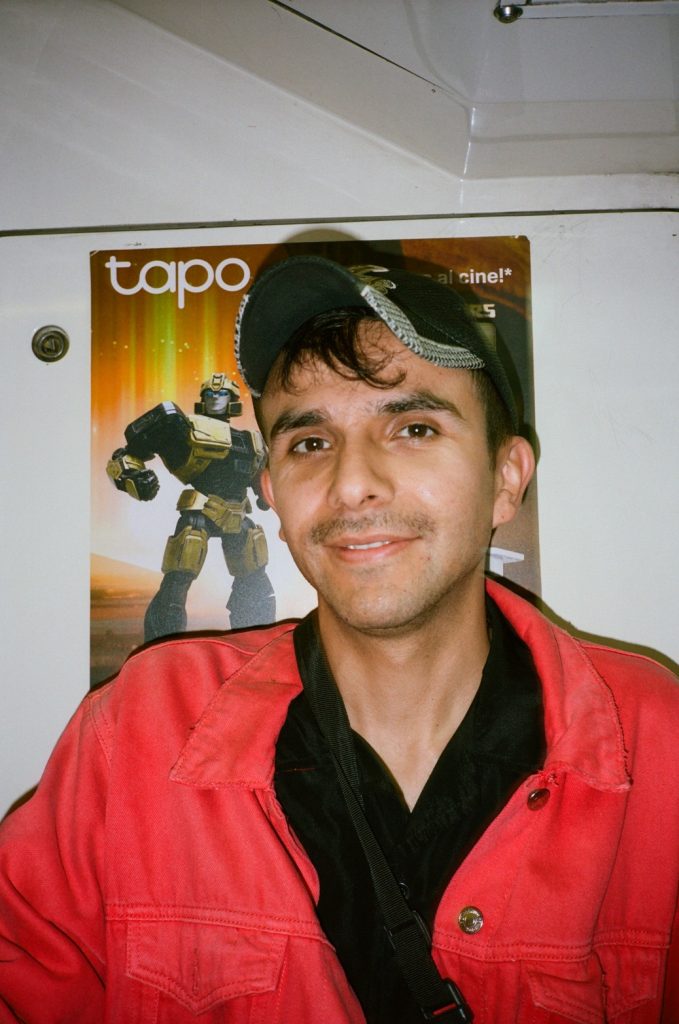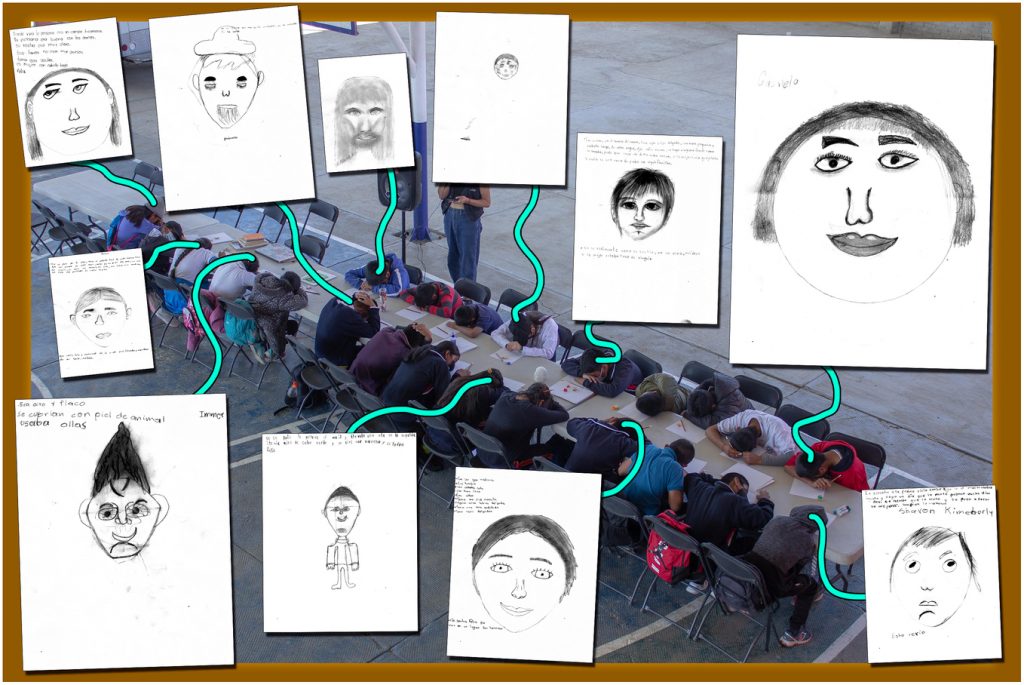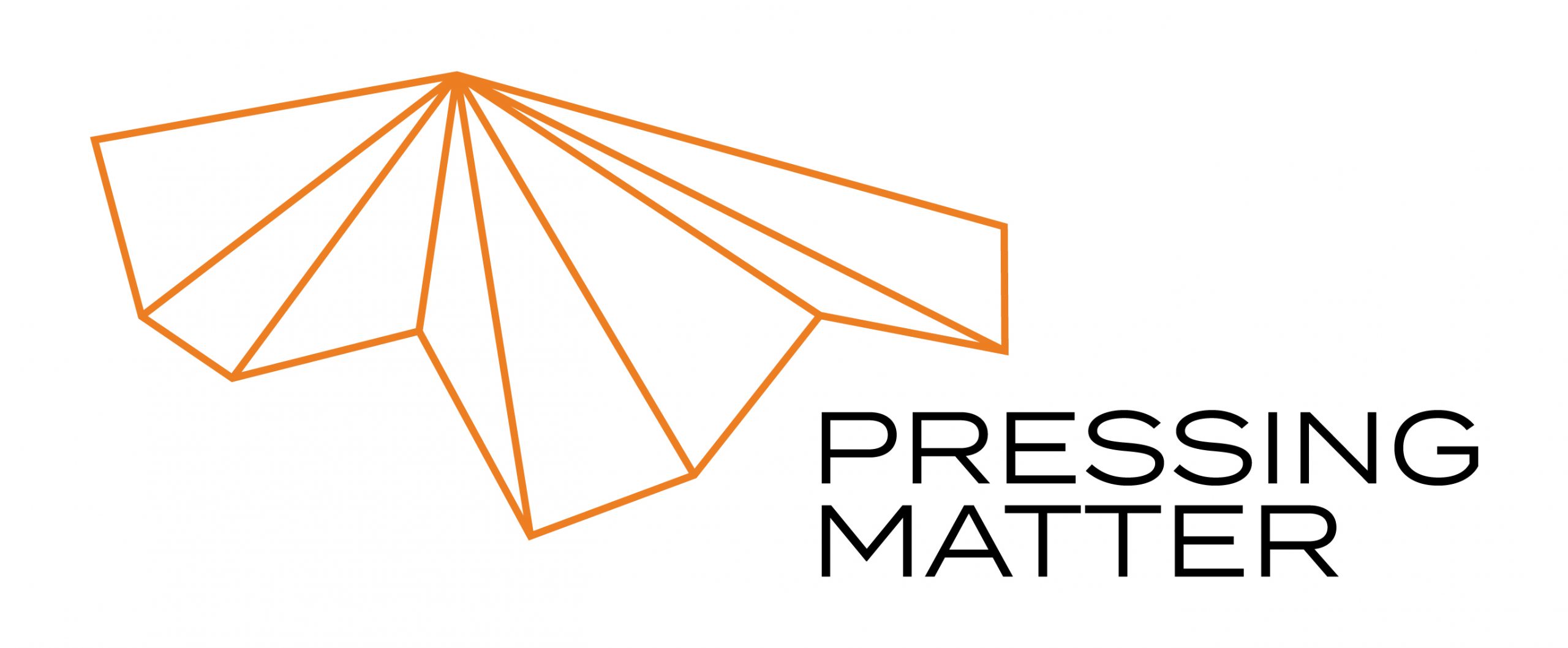The Pressing Matter consortium hosts an artist residency programme in the Netherlands for which a number of artists and artist collectives have been selected.
Participating artists have been invited to think about the ways in which art practice can reimagine different forms of return, repair, and reconciliation broadly conceived, working with objects/collections in the partner museums collected during the colonial period.
Their proposals not only challenge current dominant conceptions but also propose alternative visions for how ownership and value, return and repair can be reimagined in the service of new ethics of relations grounded in more just and equitable futures.
The selected artists will contribute to the intellectual life of the project, including active participation in the repair lab, an on- and offline site for interdisciplinary and transnational conversation and experimentation about repairing historical injustices linked to museums and their collections.
Selected artists
We are pleased to announce that the following artists/collectives have been offered a residency with Pressing Matter
Pansee Atta
Website: Pansee Atta
Period of residency: December 2023-April 2024


Photos credit: Pansee Atta
Zara Julius & Zoé Samudzi
Websites: Zara Julius & Zoé Samudzi



Photos credit: Zara Julius & Zoé Samudzi
Aram Lee
Website: Aram Lee
Period of residency: December 2022-November 2023


Photos credit: Aram Lee
Lifepatch
Website: Lifepatch
Period of residency in the Netherlands: November– December 2024


Photos credit: Lifepatch
Hande Sever & Gelare Khoshgozaran
Websites: Hande Sever & Gelare Khoshgozaran
Residency period: May – October 2024




Photos credit: Hande Sever & Gelare Khoshgozaran
Daniel Aguilar Ruvalcaba
Website: Daniel Aguilar Ruvalcaba
Residency period: September 2022 – May 2023

Photos credit: Simnikiwe Buhlungu

Title: Visionary Archeology Workshop at Communitarian Museum Ñuu Kuiñi, Cuquila, Oaxaca, Mexico. Facilitated by Mili Herrera and Daniel Aguilar Ruvalcaba, 2023.
About The Programme
Started in 2021, Pressing Matter is financed by the Dutch National Science Agenda (NWA) and coordinated from the Vrije Universiteit Amsterdam. Pressing Matter investigates the potentialities of
‘colonial objects’ to support societal attempts to deal with the colonial past and its afterlives, and with conflicting claims by different stakeholders for these objects within museums. The project will critically interrogate notions of ownership, value and return as a way of enabling more equitable futures.
Pressing Matter is done collaboratively with several museums in the Netherlands, whose collections are the central objects of study for the project. These partners are the National Museum of World
Cultures, Museum Bronbeek, Museum Vrolik, Rijksmuseum, the museums of Utrecht University and Groningen University. In addition, several other academic and societal institutions are partners in the project. These include the Foundation Academic Heritage and the NIOD Institute for War, Holocaust and Genocide Studies. Societal partners are Imagine IC, The Black Archives, HAPIN Papua Support Foundation, the Rijksakademie, Framer Framed and the Peace Palace Library, the Cultural Heritage Agency of the Netherlands and DutchCulture.
Pressing Matter connects fundamental theories of valuation and property to postcolonial debates on heritage, to develop and test, first, new theoretical models of value and ownership and, second, new forms of return that extend current approaches to heritage restitution. Central to the project’s aims is to develop a theory of object potentialities grounded in the entangled, multipolar histories in which colonial objects were collected, kept and made meaningful. Organised around 8 work packages, the project addresses the following questions:
- What potential do objects (cultural and biological, including human remains and academic medical collections) collected during the colonial period contain to help us better understand the colonial past and address its ongoing legacies in the postcolonial Netherlands and Europe? (Q1)
- What conceptions of ownership do different stakeholders – museums, curators, scientists, members of originating communities – invoke in their claims to colonial objects? (Q2)
- Through what regimes of value do these different groups of stakeholders interpret and make claims on colonial objects? Under what circumstances can these regimes and conceptions become compatible? (Q3)
- What museological practices may help to reconcile the interests of different stakeholders in order to create more equitable and inclusive societies and to support a more sustainable and equitable (re)distribution of heritage? (Q4)
